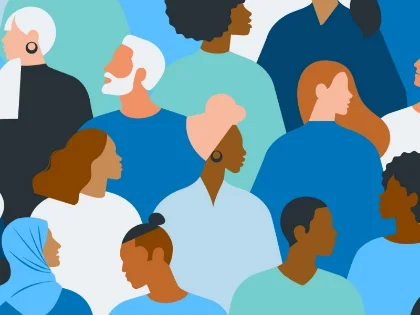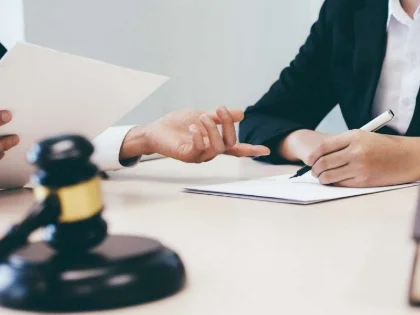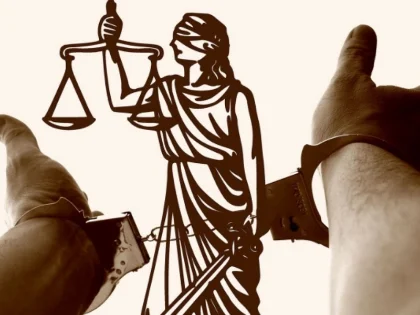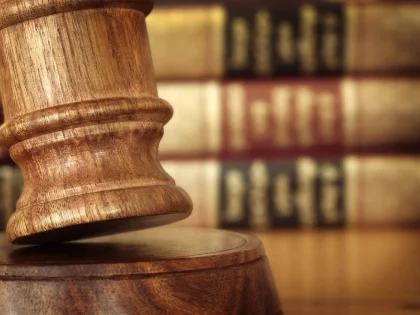Fighting For Your Freedom: TheRole Of A Criminal Defense Attorney
All people should have some rights. This suggests that no one should be subjected to prejudice because of their gender, race, religion, or any other characteristic. Nonetheless, there are still many ways in which people's civil rights might be violated. This can include dishonesty on the part of law enforcement, crisis pregnancy counselors fabricating their medical experience, and purposeful legal maneuvers meant to keep the public from getting involved.
Legal Support
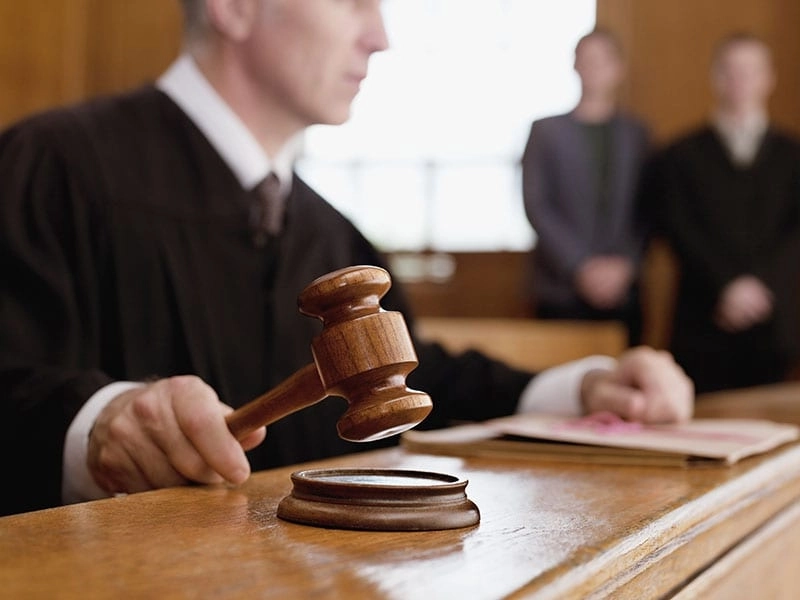
Getting Ready for the Examinee
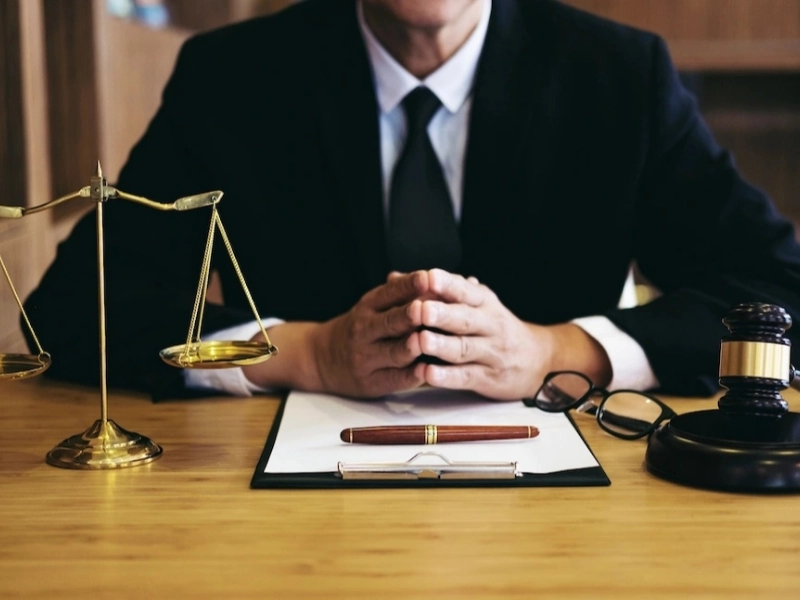 A civil lawyer can also help clients resolve disputes outside of court. An excellent example would be if one of the customers was involved in an accident or had a disagreement over money with another party. In both cases, a civil lawyer can assist the client in obtaining fair compensation.
Trial preparation is the process of organizing and conducting a thorough investigation of a case prior to trial. To find the vulnerabilities in the other side's case and create a counterargument, the attorney must carefully examine the other side's case. Witness and expert witness preparation is an essential part of trial preparation. A lawyer must prepare questions that will elicit the best testimony from witnesses and anticipate potential cross-examination.
Jury selection is a critical component of trial preparation. The attorney must review potential jurors and formulate targeted questions in order to uncover any biases, backgrounds, or attitudes that could influence the case's verdict. Lastly, the attorney must create motions to address any issues that may arise throughout the trial.
A civil lawyer can also help clients resolve disputes outside of court. An excellent example would be if one of the customers was involved in an accident or had a disagreement over money with another party. In both cases, a civil lawyer can assist the client in obtaining fair compensation.
Trial preparation is the process of organizing and conducting a thorough investigation of a case prior to trial. To find the vulnerabilities in the other side's case and create a counterargument, the attorney must carefully examine the other side's case. Witness and expert witness preparation is an essential part of trial preparation. A lawyer must prepare questions that will elicit the best testimony from witnesses and anticipate potential cross-examination.
Jury selection is a critical component of trial preparation. The attorney must review potential jurors and formulate targeted questions in order to uncover any biases, backgrounds, or attitudes that could influence the case's verdict. Lastly, the attorney must create motions to address any issues that may arise throughout the trial.
Using Negotiation to Reach a Settlement
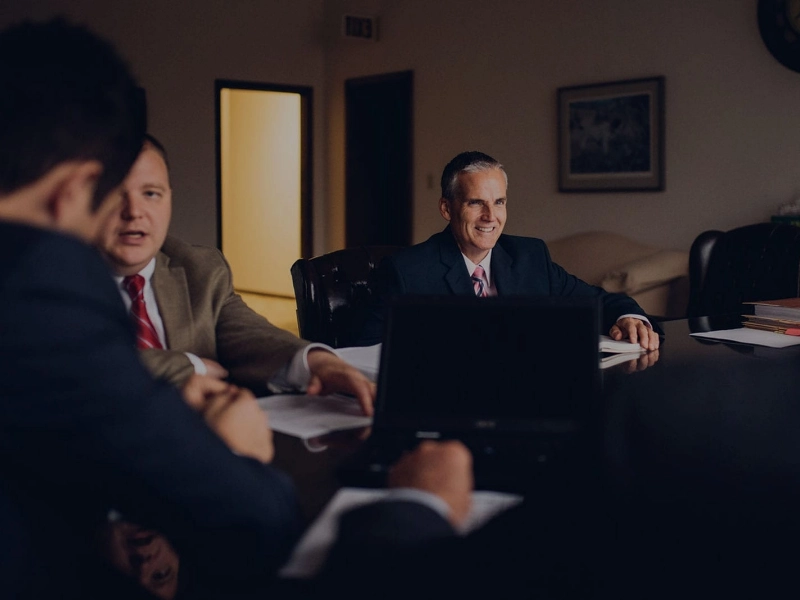 Settlement agreements are used in a significant percentage of civil claims are settled through the use of settlement agreements. This is the agreement whereby the plaintiff agrees to stop suing the defendant prior to or during a trial in exchange for cash and the release of any outstanding claims.
Negotiation skills are an essential part of a lawyer's job. They must be adept communicators, possess a firm grasp of the law, and be able to appreciate the perspective of their clients. They also need to be knowledgeable about current legal developments, landmark decisions, and court cases.
Settlement negotiations usually involve multiple parties and are complex. When a client grants their lawyer the authority to choose a settlement on their behalf, the lawyer has an ethical duty to inform them of any offers and proposals that might be of interest. In O.J. Simpson's well-known trial, for example, the jury declared him not guilty of killing Nicole, his ex-wife, and Ron Goldman, her friend. The case has attracted a lot of attention because it can be used to illustrate the differences between criminal and civil law.
Settlement agreements are used in a significant percentage of civil claims are settled through the use of settlement agreements. This is the agreement whereby the plaintiff agrees to stop suing the defendant prior to or during a trial in exchange for cash and the release of any outstanding claims.
Negotiation skills are an essential part of a lawyer's job. They must be adept communicators, possess a firm grasp of the law, and be able to appreciate the perspective of their clients. They also need to be knowledgeable about current legal developments, landmark decisions, and court cases.
Settlement negotiations usually involve multiple parties and are complex. When a client grants their lawyer the authority to choose a settlement on their behalf, the lawyer has an ethical duty to inform them of any offers and proposals that might be of interest. In O.J. Simpson's well-known trial, for example, the jury declared him not guilty of killing Nicole, his ex-wife, and Ron Goldman, her friend. The case has attracted a lot of attention because it can be used to illustrate the differences between criminal and civil law.
Taking Your Case to Trial
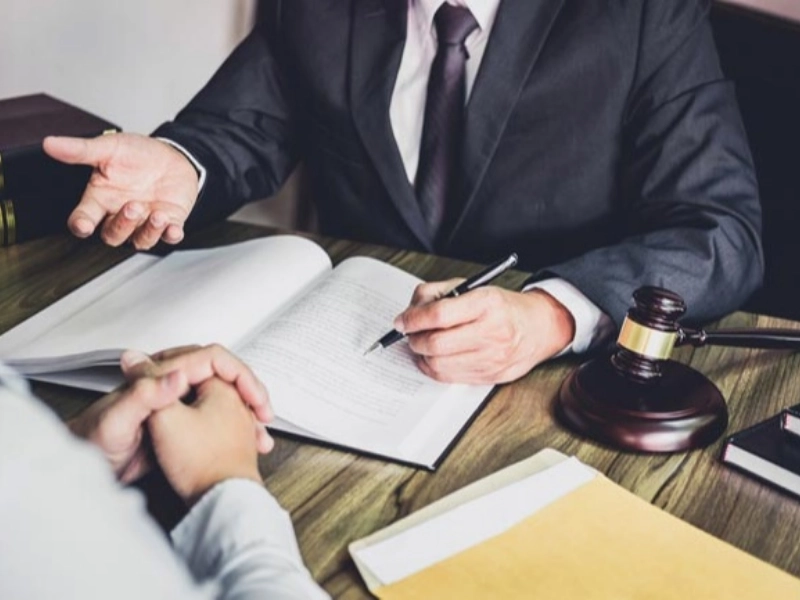 Most cases settle before going to trial, despite the drama portrayed in TV courtroom dramas. If you're not content with a settlement offer or believe you have been wrongly accused of a crime, your attorney can help you decide whether to go to trial.
A jury, composed of people, hears testimony from both sides during a trial before deciding whether or not a defendant is guilty. In a criminal trial, the prosecution's task is to establish the defendant's guilt beyond a reasonable doubt. In a lawsuit, it is the plaintiff's responsibility to provide evidence that the defendant is liable for the requested damages.
A lawyer's role in a trial is to ensure that all proceedings are conducted in a fair and legal manner. They can also perform other tasks necessary to guarantee a successful trial, such as questioning witnesses. They have to be up-to-date on important court decisions and legal developments. They can therefore better represent the interests of their clients.
Most cases settle before going to trial, despite the drama portrayed in TV courtroom dramas. If you're not content with a settlement offer or believe you have been wrongly accused of a crime, your attorney can help you decide whether to go to trial.
A jury, composed of people, hears testimony from both sides during a trial before deciding whether or not a defendant is guilty. In a criminal trial, the prosecution's task is to establish the defendant's guilt beyond a reasonable doubt. In a lawsuit, it is the plaintiff's responsibility to provide evidence that the defendant is liable for the requested damages.
A lawyer's role in a trial is to ensure that all proceedings are conducted in a fair and legal manner. They can also perform other tasks necessary to guarantee a successful trial, such as questioning witnesses. They have to be up-to-date on important court decisions and legal developments. They can therefore better represent the interests of their clients.
